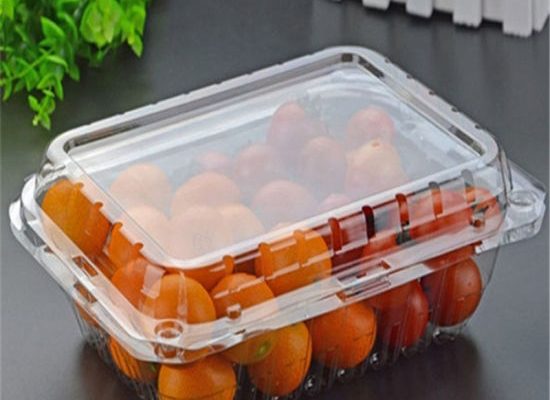
The debate between Polyvinyl Chloride (PVC) and plastic is a long-standing one, with each material having its own unique set of characteristics, advantages, and disadvantages. The question of which is better, PVC or plastic? is not a straightforward one, as the answer largely depends on the specific application and environmental considerations. This article aims to provide a comprehensive comparison of these two materials, considering factors such as durability, cost-effectiveness, environmental impact, and versatility.
Understanding PVC and Plastic
Before delving into the comparison, it’s crucial to understand what PVC and plastic are. PVC is a type of thermoplastic polymer, which means it’s a type of plastic. However, when we refer to ‘plastic’ in this context, we’re referring to other common types of plastic, such as polyethylene (PE), polypropylene (PP), and polystyrene (PS).
Durability and Strength
PVC is known for its exceptional durability and strength, which is why it’s commonly used in construction for things like pipes and vinyl siding. It’s resistant to weathering, chemical rotting, corrosion, shock, and abrasion. On the other hand, the durability of other plastics can vary significantly depending on their type. For instance, PE is highly resistant to impact, whereas PS is more brittle and prone to cracking.
Cost-Effectiveness
In terms of cost, PVC generally tends to be more expensive than other plastics due to its superior durability and longevity. However, the initial higher cost can be offset by lower maintenance and replacement costs over time.
Environmental Impact
The environmental impact of both PVC and other plastics is a significant concern. Both materials are derived from non-renewable resources and are not biodegradable. However, PVC has been criticized for its production process, which releases dioxins, a group of highly toxic compounds. On the other hand, many other plastics, especially PE and PP, are more readily recyclable than PVC.
Versatility
Both PVC and other plastics are incredibly versatile materials, with a wide range of applications. However, due to its strength and durability, PVC is often preferred for heavy-duty applications, while other plastics might be more suitable for lightweight, disposable items.
Conclusion
In conclusion, the question of which is better, PVC or plastic? does not have a one-size-fits-all answer. The choice between PVC and other plastics largely depends on the specific application, cost considerations, and environmental impact. It’s essential to consider all these factors to make an informed decision about the most suitable material for your needs.

